As the sacred festival of Maha Shivaratri dawns upon us we prepare for auspicious rituals of Maha Shivaratri, and seekers worldwide prepare to go on a journey of devotion, reverence, and spiritual awakening. This auspicious occasion, dedicated to Lord Shiva, offers a profound opportunity to connect with the divine presence and seek blessings for spiritual growth, inner transformation, awakening, tantra rituals, and fulfillment.
In the vast tapestry of Hindu scriptures, numerous rituals and practices are prescribed for observing Maha Shivaratri in a manner that invokes divine grace and bestows auspicious blessings upon devotees. Here are some of the most revered rituals mentioned in Hindu scriptures for this sacred occasion:
Observing Fast (Vrat): One of the most common rituals associated with Maha Shivaratri is observing a fast, known as “Shivaratri Vrat.” Devotees abstain from consuming food and water throughout the day and night, dedicating themselves to the worship of Lord Shiva. Fasting is believed to purify the body and mind, allowing devotees to attain spiritual purity and divine grace.
Abhishekam (Sacred Bath): Performing the ritual of “Abhishekam” involves bathing the sacred lingam (Shiva’s symbolic form) with various auspicious substances such as milk, honey, yogurt, ghee, and water. This act of purification symbolizes the cleansing of impurities from the soul and invoking the divine blessings of Lord Shiva.
Offering Bilva Leaves: The Bilva tree (Aegle marmelos) holds immense significance in Hindu mythology, particularly in the worship of Lord Shiva. Offering Bilva leaves to the Shiva Lingam is believed to be highly auspicious and pleases Lord Shiva immensely. Devotees recite sacred mantras while offering the leaves, expressing their devotion, and seeking divine blessings. You can recite simply “OM NAMAH SHIVAY”.
Chanting Mantras and Slokas: Maha Shivaratri is an opportune time for devout Hindus to immerse themselves in the chanting of sacred mantras and hymns dedicated to Lord Shiva. Reciting the “Maha Mrityunjaya Mantra,” “Om Namah Shivaya,” and other Shiva-related chants are believed to invoke divine protection, spiritual upliftment, and liberation from the cycle of birth and death.
Meditation and Prayer: Devotees devote significant time to meditation, introspection, and prayer on the night of Maha Shivaratri. Sitting in silent contemplation, connecting with the innermost depths of the soul, and offering heartfelt prayers to Lord Shiva facilitate spiritual awakening, inner transformation, and divine communion.
Visiting Shiva Temples: The pilgrimage to sacred Shiva temples on Maha Shivaratri is considered highly meritorious and spiritually enriching. Devotees throng to renowned Shiva temples such as Kashi Vishwanath Temple, Somnath Temple, Pashupatinath, or Your local temple to seek blessings, offer prayers, and partake in the divine festivities.
Performing Rudrabhishekam: Rudrabhishekam is a special puja dedicated to Lord Shiva, wherein devotees perform elaborate rituals involving the chanting of Vedic hymns, offering sacred substances, and invoking the divine presence of Shiva in various forms. This puja is believed to bestow divine blessings, alleviate negative influences, and fulfill devotees’ desires.
All-Night Vigil (Jagaran): An integral part of Maha Shivaratri observance is the all-night vigil, known as “Jagaran.” Devotees stay awake throughout the night, engaging in prayers, chanting hymns, and meditation. The vigil symbolizes vigilance over one’s consciousness, as well as the eternal wakefulness of Lord Shiva, who remains ever watchful over his devotees.
Reading Sacred Texts: On the auspicious night of Maha Shivaratri, devotees immerse themselves in the reading of sacred texts and scriptures dedicated to Lord Shiva. The recitation of revered texts such as the Shiva Purana, Linga Purana, and Shiva Mahimna Stotram deepens one’s understanding of Shiva’s divine attributes and fosters a deeper connection with the Lord.
Lighting Ghee Lamps (Deepa Puja): Lighting ghee lamps, or “Deepa Puja,” holds significant symbolism in Hindu tradition. On Maha Shivaratri, devotees light lamps to dispel darkness and ignorance, symbolizing the illumination of one’s inner consciousness by the divine light of Lord Shiva. The flickering flames serve as a reminder of Shiva’s eternal presence, guiding devotees on the path of righteousness and enlightenment. Ghee should be original.
Offering Prayers to Rudra: Rudra Abhishekam is a sacred ritual wherein devotees offer prayers and sacred offerings to Lord Rudra, a fierce form of Lord Shiva associated with destruction and transformation. Through the chanting of Rudra Mantras and the pouring of sacred substances, devotees seek Rudra’s blessings for protection, purification, and spiritual growth.
Performing Homa (Fire Ritual): Homa, or fire ritual, is an ancient Vedic practice performed to invoke divine blessings and purify the atmosphere. On Maha Shivaratri, devotees may perform a special Shiva Homa, wherein offerings such as ghee, grains, and herbs are offered into the sacred fire amidst the chanting of Vedic mantras. The Homa symbolizes the transformation of material offerings into spiritual blessings, fostering spiritual upliftment and divine grace.
Reciting Shiva Katha (Divine Stories): Listening to or reciting divine stories and legends associated with Lord Shiva, known as “Shiva Katha,” is considered highly meritorious on Maha Shivaratri. Devotees gather to hear tales of Shiva’s divine exploits, his compassion for his devotees, and his role as the destroyer of evil forces. These stories inspire devotion, instill moral values, and deepen one’s connection with the divine.
Offering Milk and Bilva Leaves: Offering milk and Bilva leaves to Lord Shiva is a traditional practice steeped in symbolism and reverence. Milk symbolizes purity and nourishment, while Bilva leaves are believed to be the favorite offerings of Lord Shiva. Devotees offer these sacred substances with utmost devotion, seeking the Lord’s blessings for spiritual upliftment, inner peace, and divine grace.
Charity and Seva (Selfless Service): Maha Shivaratri is a time for selfless service and acts of charity, wherein devotees extend kindness and compassion to those in need. Whether through feeding the hungry, offering donations to the less fortunate, or performing acts of service in the community, devotees embody the spirit of Lord Shiva, who is known for his compassion and benevolence towards all beings.
One of our videos will increase your insight regarding the Daana or charity is available here.
As devotees immerse themselves in these sacred rituals and traditions on the divine occasion of Maha Shivaratri, may they be blessed with divine grace, spiritual enlightenment, and eternal bliss. May their hearts be filled with devotion and their souls be uplifted by the divine presence of Lord Shiva, the eternal source of cosmic consciousness and divine grace. Har Har Mahadev!

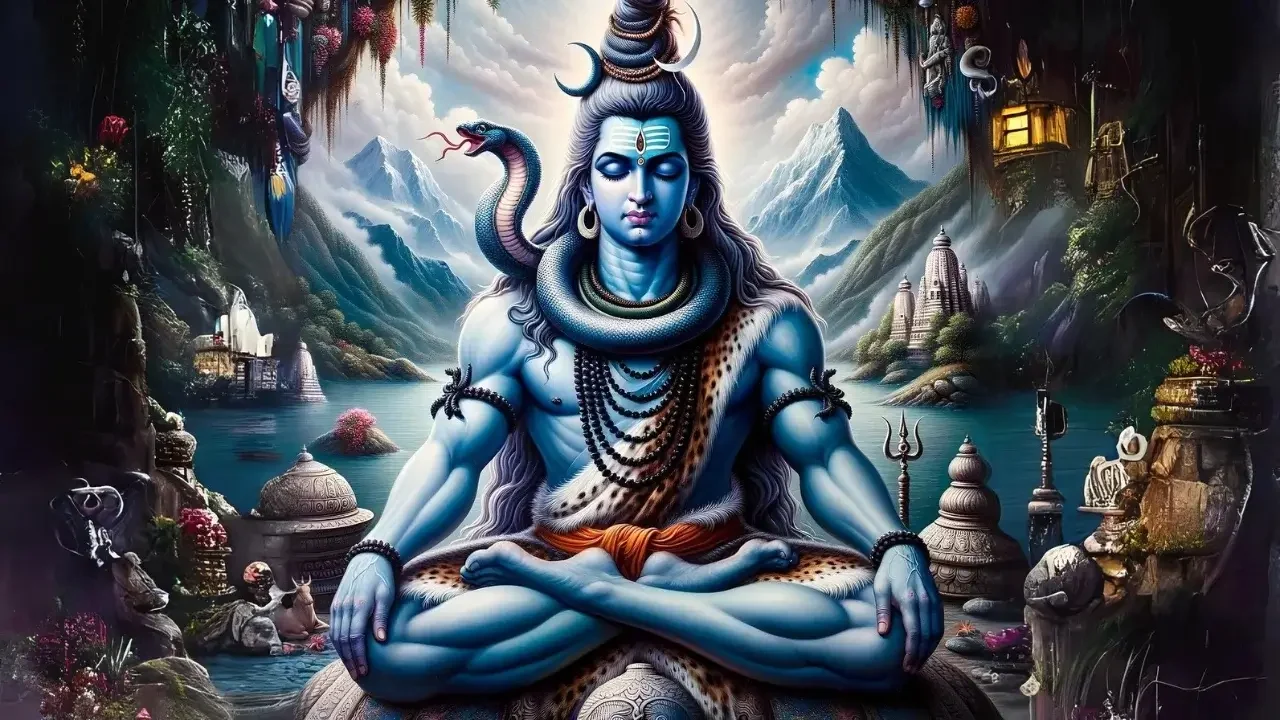
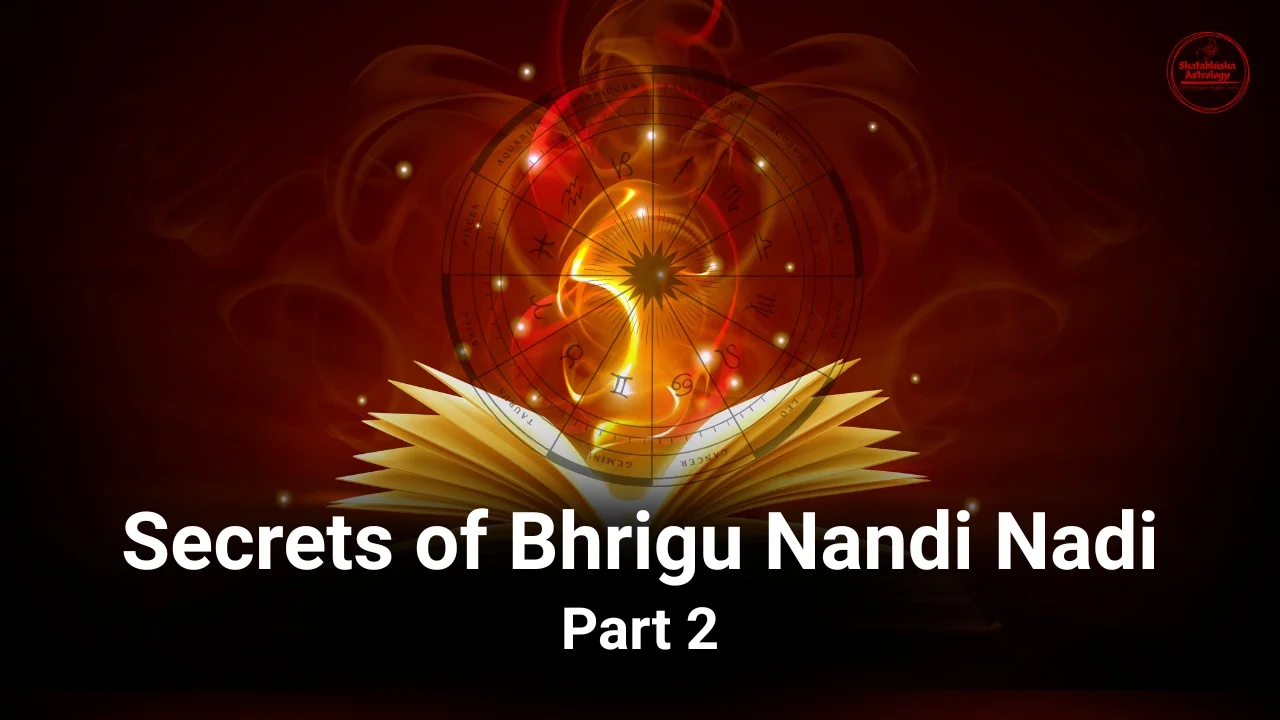
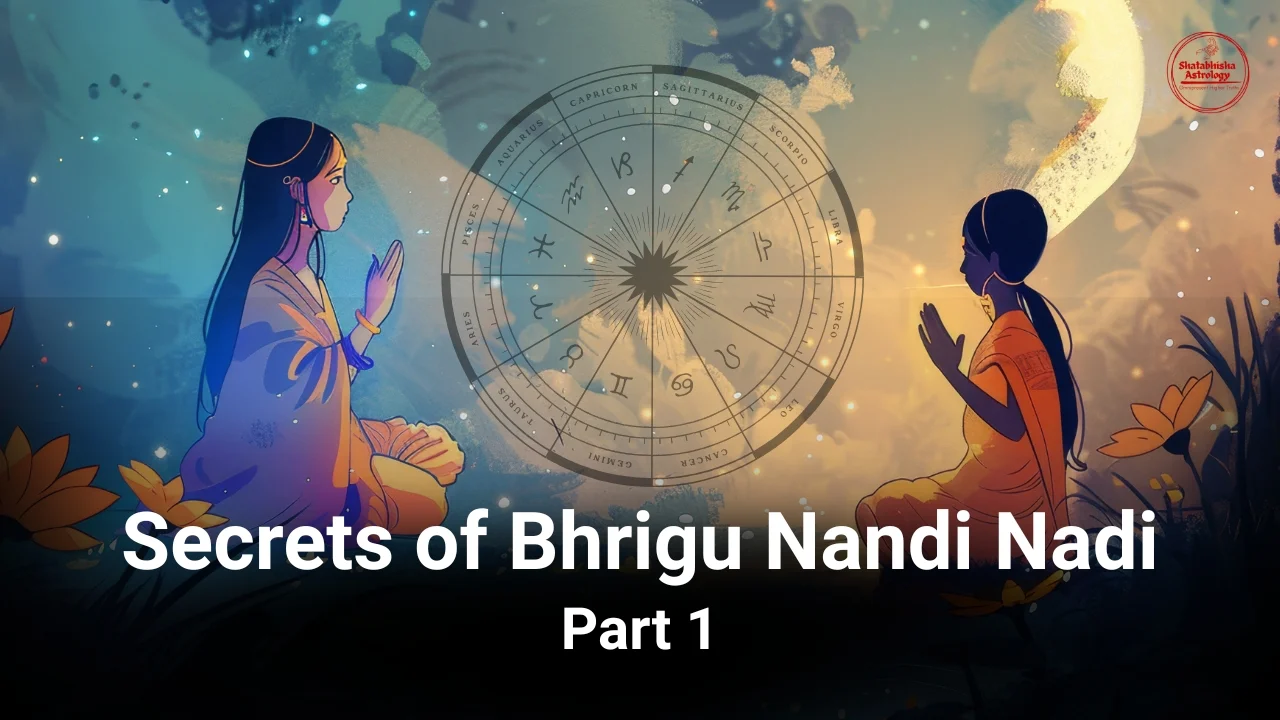
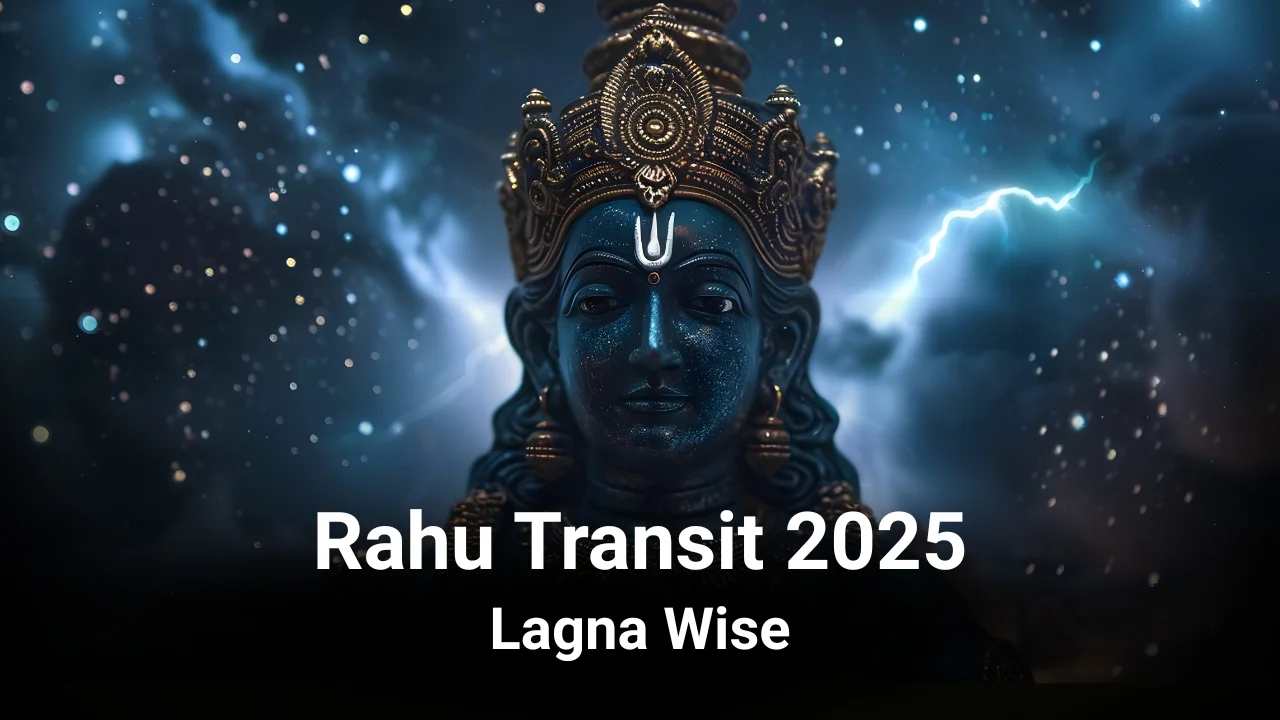



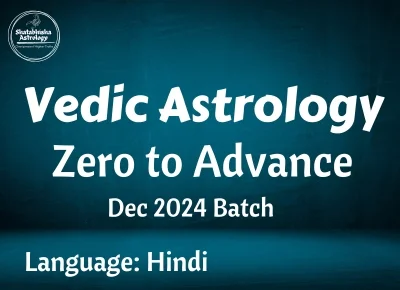
4 thoughts on “Auspicious Rituals of Maha Shivaratri : Honoring the Divine”
Om Namah Shivaya 🙏🕉️
Thank you ! Om Namah Shivaya 🙏🕉️
Har har Mahadev “Shri Shivay namastubhyam”
Thank you got sharing such a auspicious knowledge 🙏
Thank you